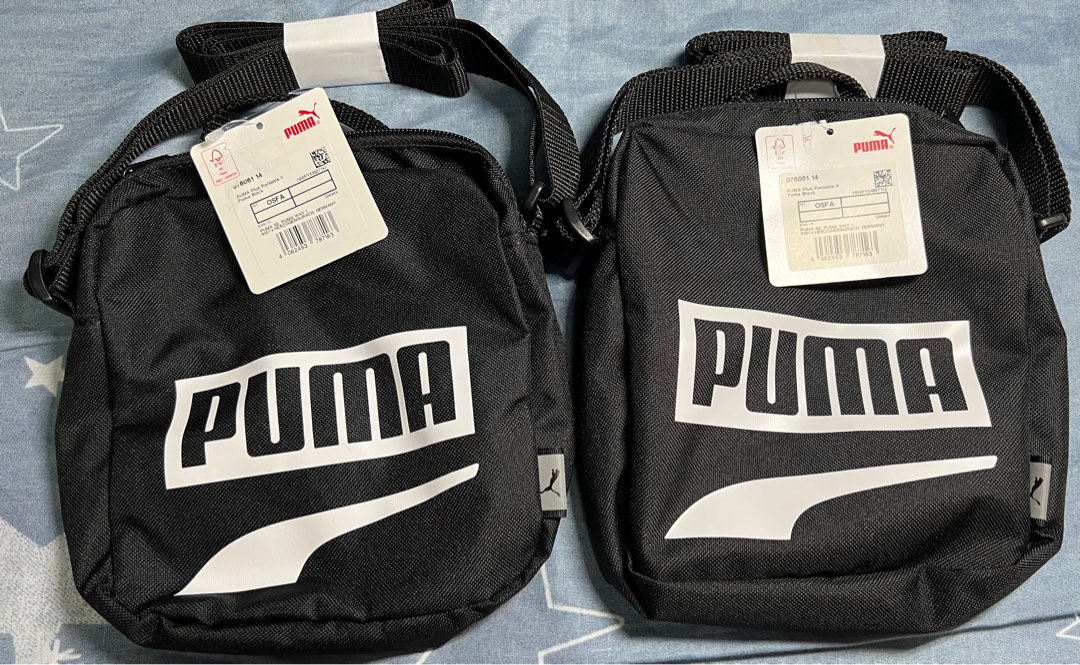Footasylum is a UK-based footwear and apparel retailer that specializes in offering a wide range of branded sports and casual wear. The company was founded in 2005 in Manchester, England, and has since expanded to over 70 stores across the UK, as well as an online store.
Footasylum’s product range includes footwear, clothing, and accessories from popular brands such as Nike, Adidas, Puma, Converse, and Vans, as well as exclusive lines and collaborations. The company aims to cater to a diverse customer base, offering products for men, women, and children in a range of styles and sizes.
In addition to its retail operations, Footasylum also runs its own fashion and lifestyle blog, providing news, tips, and insights into the latest trends and releases in the world of streetwear and fashion. The company also sponsors various sports teams and events, including the Manchester International Festival and the UK Street Soccer Championships.
History and Evolution of Footasylum
Footasylum was founded in 2005 by David Makin and John Wardle, two former executives of JD Sports, another prominent UK-based sports retailer. The company began as a single store in Manchester, offering a mix of branded and exclusive footwear and apparel.
Over the years, Footasylum has grown rapidly, expanding its retail operations to include over 70 stores across the UK, as well as an online store. The company has also diversified its product range, adding clothing and accessories to its offerings, and partnering with a wide range of brands and designers.
In 2017, Footasylum went public, listing on the London Stock Exchange under the ticker symbol “FOOT.” The company’s IPO was successful, with the stock price rising by over 30% on its first day of trading.
However, Footasylum has faced challenges in recent years, including increased competition from other retailers and a challenging retail environment. In 2019, the company was acquired by JD Sports in a deal worth £90 million, bringing it back under the ownership of its founders.
Today, Footasylum continues to operate as a standalone brand within the JD Sports group, offering a wide range of sports and casual wear to customers across the UK and beyond. The company remains committed to its founding principles of offering a mix of branded and exclusive products, as well as providing a unique and engaging shopping experience for its customers.
Product offering
Footasylum offers a wide range of footwear, clothing, and accessories from various popular brands, as well as exclusive lines and collaborations. The company caters to men, women, and children and offers products in a range of sizes, styles, and colors. Some of the product categories offered by Footasylum include:
- Footwear: The company offers a vast selection of footwear, including sneakers, trainers, boots, and sandals, from brands such as Nike, Adidas, Vans, Puma, Converse, and many others.
- Clothing: Footasylum also offers a range of clothing for men, women, and children, including t-shirts, hoodies, jackets, shorts, leggings, and more.
- Accessories: The company provides various accessories such as backpacks, hats, socks, gloves, and many others from various popular brands.
- Exclusive lines and collaborations: Footasylum also partners with various brands and designers to offer exclusive lines and collaborations, providing customers with unique and limited-edition products.
Overall, Footasylum aims to provide a diverse product range that caters to the needs and preferences of a broad customer base, from sports enthusiasts and streetwear enthusiasts to those who simply seek quality and style in their everyday wear.
Footasylum’s business strategy
Footasylum’s business strategy is centered around offering a diverse range of branded and exclusive footwear, clothing, and accessories, along with a unique and engaging shopping experience for customers. Here are some key elements of Footasylum’s business strategy:
- Product differentiation: Footasylum aims to differentiate itself from other retailers by offering a mix of popular and exclusive products from various brands. This strategy allows the company to attract customers who are looking for unique and limited-edition products and to foster loyalty among their target audience.
- Multi-channel retail: Footasylum has a strong online presence, with a well-designed website and mobile app that make it easy for customers to shop online. The company also has a significant brick-and-mortar presence, with over 70 stores across the UK. This multi-channel approach allows Footasylum to reach a wide range of customers and provides a seamless shopping experience.
- Customer engagement: Footasylum places a high emphasis on engaging with customers, both in-store and online. The company has a strong social media presence, with active accounts on Instagram, Twitter, and Facebook, where they showcase their products and engage with customers. Footasylum also sponsors various events and sports teams, further strengthening their connection with their target audience.
- Operational efficiency: Footasylum aims to streamline its operations and reduce costs by leveraging technology and implementing efficient supply chain management practices. The company has invested in state-of-the-art technology, including a warehouse management system, to optimize its logistics and distribution processes.
Overall, Footasylum’s business strategy is focused on providing a unique and differentiated product range, engaging with customers through multiple channels, and maximizing operational efficiency to remain competitive in the retail industry.
Footasylum’s sustainability efforts
Footasylum is committed to sustainable practices and has implemented several initiatives to reduce its environmental impact. Here are some examples of Footasylum’s sustainability efforts:
- Carbon footprint reduction: Footasylum is working to reduce its carbon footprint by sourcing more sustainable materials, optimizing its logistics and distribution processes, and investing in renewable energy. The company has set a target to reduce its carbon emissions by 30% by 2025.
- Ethical sourcing: Footasylum is committed to ensuring that its products are made under fair and safe working conditions. The company has implemented a supplier code of conduct that sets out its expectations for ethical and sustainable practices among its suppliers.
- Recycling and waste reduction: Footasylum is working to minimize waste by implementing a recycling program in its stores and warehouses. The company also aims to reduce its use of single-use plastics by replacing them with more sustainable alternatives.
- Community engagement: Footasylum is committed to supporting local communities and has partnered with various charities and organizations to promote sustainability and social responsibility. For example, the company has supported the Street Elite program, which uses sport to empower young people from disadvantaged backgrounds.
- Transparency and reporting: Footasylum is committed to transparency and regularly reports on its sustainability progress. The company publishes an annual sustainability report that outlines its initiatives and progress towards its sustainability goals.
Overall, Footasylum is committed to sustainable practices and is taking active steps to reduce its environmental impact and promote ethical sourcing. The company’s sustainability efforts demonstrate its commitment to social responsibility and reflect the values of its customers.

















